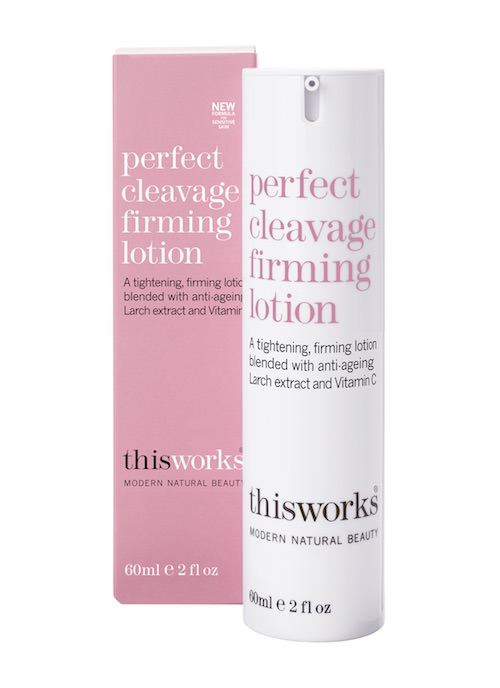Can dogs really ‘sniff out’ breast cancer?
Over the last few years, revolutionary studies have been carried out using specially trained dogs to detect the early signs of prostate and bladder cancer, through sniffing urine samples. Now a new study will examine the possibility of the early detection of breast cancer, through breath samples collected in a tube.
The concept of using canines in this way has long been considered in medical circles, after repeated reports of family pets ‘fussing’ at a particular area of their owner’s body, only for the owner to discover that this is the location of a tumour. It is widely understood that certain tumours (such as lung cancer, breast cancer and melanoma) produce an unusual scent due to their volatile molecules. These molecules are excreted in urine and exhaled in the breath, and can be picked up by the olfactory receptors in the noses of dogs, well known for their incredible sense of smell due to having many more receptors than humans.
Medical Detection Dogs was formed back in 2008 after BMJ published a study suggesting dogs could detect bladder cancer. The dogs trained by this Buckinghamshire charity have already been proven more reliable at detecting prostate cancer than current blood tests performed in hospitals. During the trial, the dogs demonstrated a staggering 93% accuracy when sniffing 6,000 urine samples, as published in a report for the BMJ and other reputable journals.
Understandably, when the CEO of Medical Detection Dogs, behavioural psychologist Dr Claire Guest, noticed her Labrador, Daisy, repeatedly jumping up at her chest and behaving erratically in 2009, she sensed something might be wrong. After further investigation it was discovered that Dr Guest had a deep-seated tumour in her left breast. Had it not been found so early, this could have become life threatening by the time a tangible lump appeared on her skin. “I believe Daisy told me,” says Dr Guest. “Dogs can smell changes that humans can’t.” Fortunately Dr Guest is now in remission.
Medical Detection Dogs’ ground-breaking breast cancer trial will run over the next three years, in collaboration with a number of medical professionals, including consultant breast surgeon, Giles Cunnick and oncologist, Alan Makepeace. Speaking to The Telegraph, Dr Guest admitted that she had no idea what they would find, but if it were to be agreed that dogs could detect the early presence of breast cancer cells, it could change the method of diagnosis for all cancers.
“If proven, it would have a significant impact on what we consider possible in the diagnosis of cancer,” she said. “High risk young women, who are too young for routine, regular mammograms could breathe into a tube every six months and find out quickly and painlessly if they have cancer.” Having herself been diagnosed under the age of 49, Dr Guest is well aware of the implications of British women not being entitled to regular mammograms until the age of 50, and even then only on a three-year cycle, allowing plenty of time for a new tumour to develop and spread between routine tests.
In the long term it is unlikely that dogs will be used as widespread means of detection, due to the impracticability of incorporating animals and their welfare into a medical environment. However it is more likely that the test results will be utilised in the development of ‘electronic noses’, which may be used in the early diagnosis of cell abnormalities in the years to come.
Medical Detection Dogs are urgently looking for further funding for their trials. If you would like to support them, please visit Medical Detection Dogs.
Latest Cream Review
Browse Categories
Most popular
Dr. Organic Moroccan Argan Oil Breast Firming Cream Review
Dr. Ceuticals Bust Boost Review
UK beaches uncovered: The topless top five
Palmer’s Cocoa Butter Bust Cream Review
The politics of breasts: Know your rights
Strapless, backless or plunging – bra solutions for every dress dilemma
Nutrition and lifestyle for breast cancer prevention


